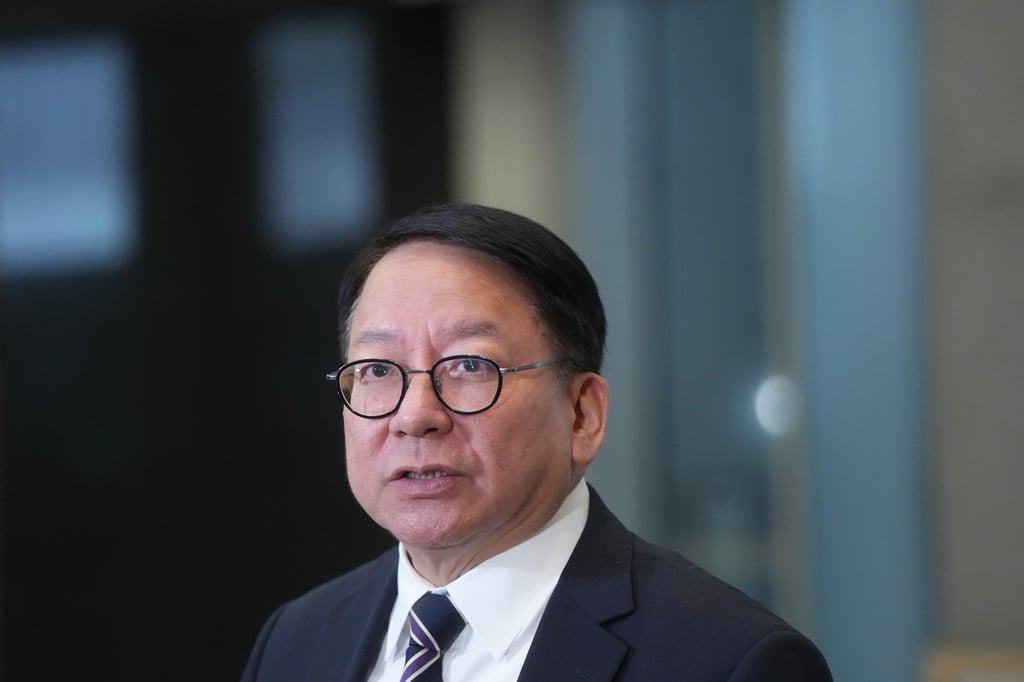Hong Kong top talent graduate scheme net to be widened to take in more universities
Chan told the China News Service that institutions might have prestige in some subjects, but were not considered top 100 universities.
He said the scheme’s direction would be changed to include applicants from the extra institutions.
“There are some very good universities in mainland China, but they may not be among the top 100,” Chan added.
“We are also opening the door. We share the same culture and language, so coming to Hong Kong is the best and easiest for them to adapt.”
Chan added that the city had received more than 340,000 applications for the scheme up to July and 210,000 visas had been granted, with 140,000 of them already in Hong Kong.
He said the top talent visa holders earned HK$50,000 a month on average.
About a quarter earned more than HK$100,000 and another 10 per cent got a HK200,000 pay cheque every month.

Chan said the talent recruitment scheme could bring about HK$34 billion worth of direct economic contribution to Hong Kong a year, about 1.2 per cent of the city’s gross domestic product.
He added the successful applicants had also brought tens of thousands of children to Hong Kong, 90 per cent of them aged less than 14.
“For a place with a serious ageing population, these young people are very beneficial to Hong Kong’s productivity and labour force,” Chan said.
The scheme requires people who have moved to Hong Kong to renew their visas every two years.
“Hong Kong’s unemployment rate is very low – about 3 per cent, which is roughly equivalent to full employment,” he added.
“It will be easy for them to stay in Hong Kong, if they want to. We also hope they will stay, not just for the short term, but also that their families and children will settle down in Hong Kong.”
Alexa Chow Yee-ping, the managing director of AMAC Human Resources Consultants, said an expansion of the eligible universities list was “a pre-emptive measure” by the government.
“With the US expected to lower interest rates this year, Hong Kong’s economy would get a boost, potentially increasing the need for more talent. It’s time to refine the list,” she added.
Chow suggested the government should apply high standards when it picked universities or subjects to ensure it attracted the right people, particularly in areas such as healthcare, innovation, technology, and accountancy.
Lawmaker Jesse Shang Hailong, chairman of the Hong Kong Top Talent Services Association, said that many management roles in the city had been vacant for a long time, which made a widening of the talent net a necessity.
He dismissed concerns that the talent scheme would only attract people from the mainland.
“Don’t adopt a narrow definition of international talent,” he said.
Shang earlier suggested to Chief Executive John Lee Ka-chiu that the list should be expanded to include more mainland universities.
He said he was confident that some institutions, like Beijing’s Renmin University of China, would be selected.
The Hong Kong government at present lists 185 universities eligible for the scheme, with 13 of them based on the mainland.